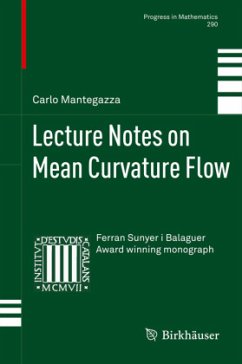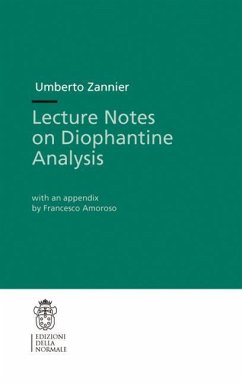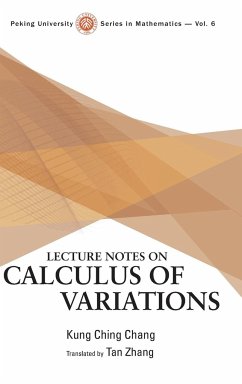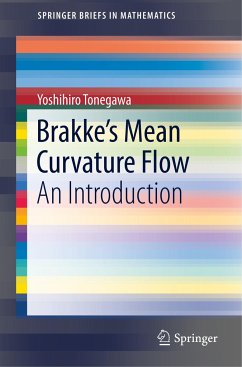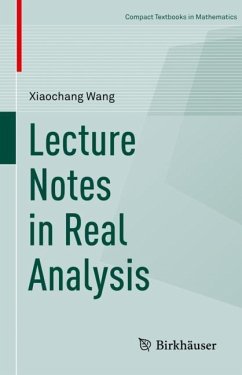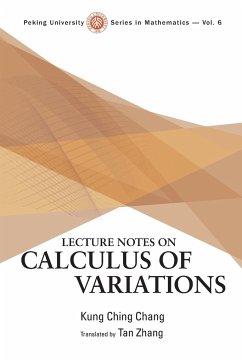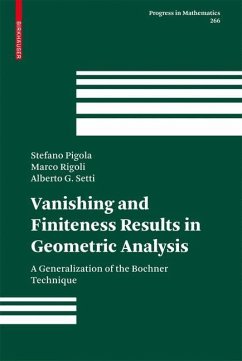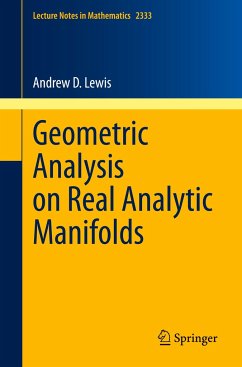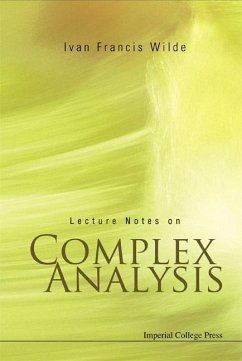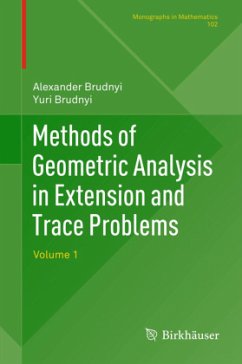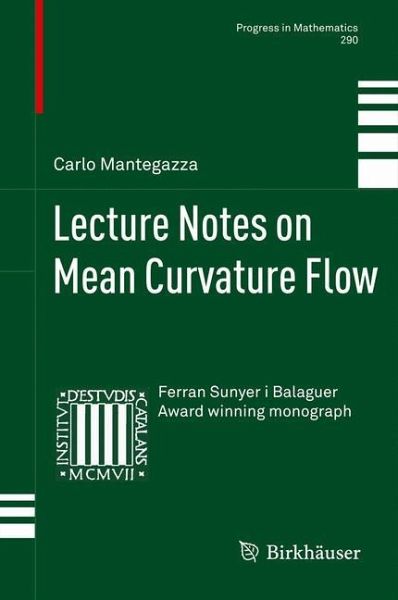
Lecture Notes on Mean Curvature Flow
Versandkostenfrei!
Versandfertig in 1-2 Wochen
107,99 €
inkl. MwSt.
Weitere Ausgaben:

PAYBACK Punkte
54 °P sammeln!
This book is an introduction to the subject of mean curvature flow of hypersurfaces with special emphasis on the analysis of singularities. This flow occurs in the description of the evolution of numerous physical models where the energy is given by the area of the interfaces. These notes provide a detailed discussion of the classical parametric approach (mainly developed by R. Hamilton and G. Huisken). They are well suited for a course at PhD/PostDoc level and can be useful for any researcher interested in a solid introduction to the technical issues of the field. All the proofs are carefully written, often simplified, and contain several comments. Moreover, the author revisited and organized a large amount of material scattered around in literature in the last 25 years.





